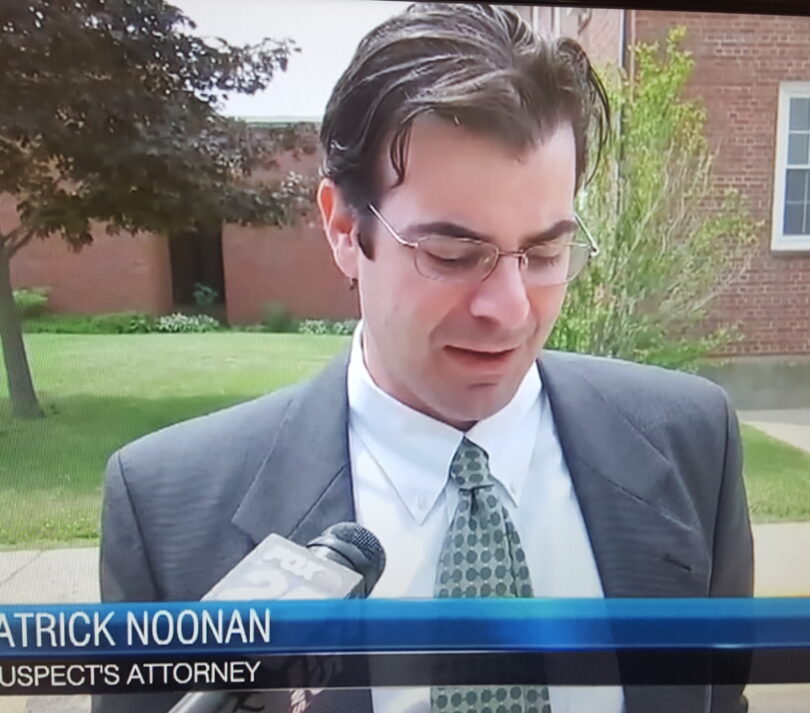Nursing home falls are a leading cause of injury to the elderly nursing home population across Massachusetts. Not only do the elderly face a high risk of falls they are also at greater risk of serious fall related injuries like pelvic fractures.
Many of the degenerative conditions that plague the elderly population like osteoporosis, long-term corticosteroid use and vitamin D deficiencies make them more likely to fracture a pelvis.
These conditions weaken human bones making them more brittle and more likely to fracture. These conditions can make bones so weak that even minor stress or impacts can result in fractures.
Everyday occurrences like getting dressed, getting out of a bed or chair, taking a shower or getting dressed can result in a fall that is capable of causing a broken pelvis.
Falls In Nursing Homes Resulting in Fractured Pelvis Injuries
Roughly 50% of the elderly patients that are admitted to the hospital after fracturing a pelvis will either develop a bedsore or urinary tract infection.
Pelvis fractures in the elderly population are very serious. In fact, most nursing home residents over the age of 80 that sustain a pelvis fracture will likely die from complications following the fracture.
9 out of every 10 nursing home residents have osteoporosis and approximately 50% of them fall at-least once a year. Fall prevention must be a top priority for nursing homes given the likelihood of a fall occurring combine with the fragile nature of most residents.
This high rate of falls by people with brittle bones is lethal problem that nursing homes need to take seriously. Nursing homes need to have a facility-wide fall prevention program in place. Fall risk assessments are a nursing home’s best tools to prevent against avoidable falls. Fall prevention begins with the Minimum data set (MDS). The MDS helps nursing homes screen residents for potential problems including if they are a high fall risk. The resident assessment protocols (RAP) also contain guidelines that help staff identify residents that are a risk of falling. Nursing homes must take several measures to limit the risk of falls which include the following:
(1) Performing individual fall risk assessments when a resident is admitted and periodically after admission;
(2) Nursing home staff members need to periodically observe every nursing home patient;
(3) Certain medications are known to increase the likelihood of falls. Nursing homes need to take great care in administering and monitoring intake of these drugs and; and
(4) Nursing homes need to assist residents with mobility issues by providing walkers or canes and physical therapy to improve leg strength, balance and gait.
Types of Nursing Home Pelvic Fractures
The pelvis is a ring of bones located in between the lower spine and legs. The three bones that come together to form the pelvis are the sacrum, coccyx/tailbone and hip bones.
Most pelvic fractures involve the sacrum and are known as sacral insufficiency fractures. These fractures can result from minor impacts or force like when stepping off a step too hard, sitting down on a chair too hard, or falling and landing on the buttock.
These fractures can be difficult to diagnose especially when an inactive or immobile nursing home resident is the patient. Needless to say, these fractures should be easier to detect in residents that are more physically active. An active elderly nursing home resident that recently started experiencing pain in his or her buttocks should be diagnosed with a sacral insufficiency fracture until definitively proven otherwise. An MRI is the best way to diagnose a broken pelvis followed by a CT scan.
Did your loved one suffer a pelvis injury as the result of elder abuse or nursing home neglect?
Our lawyers can help you hold negligent or abusive caregivers accountable for their actions.
It is important to work with a personal injury attorney to investigate the circumstances surrounding your loved one’s urinary tract infection in order to determine if the nursing home has any liability. To learn more about legal actions in cases involving nursing home neglect or sexual abuse of elderly patients, contact our law offices today for a FREE legal consultation, where you can find out more information about whether or not the nursing home facility might be liable for compensation. Our experienced team of personal injury lawyers can help evaluate the circumstances of an injury to help you determine if compensation might be available to



